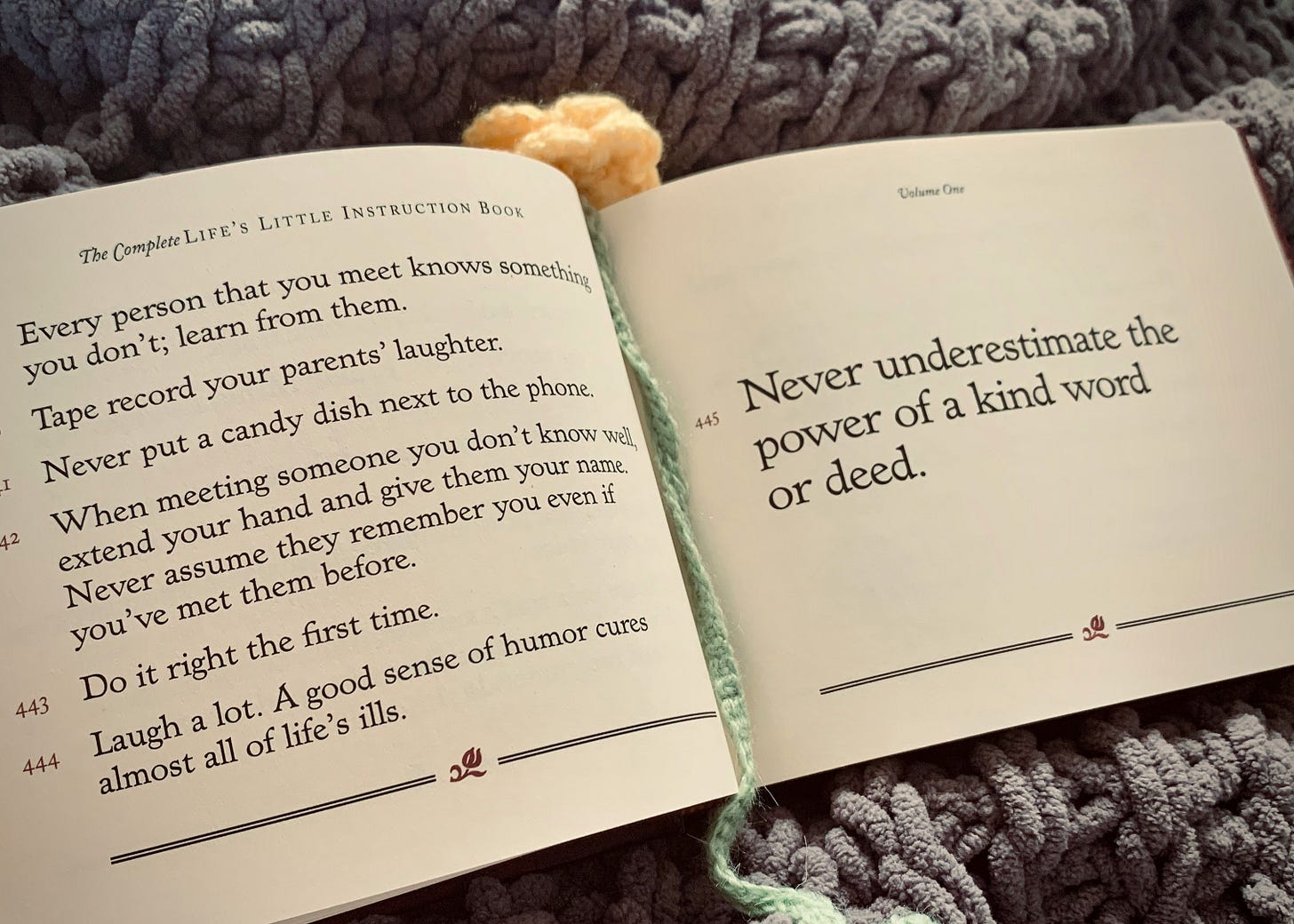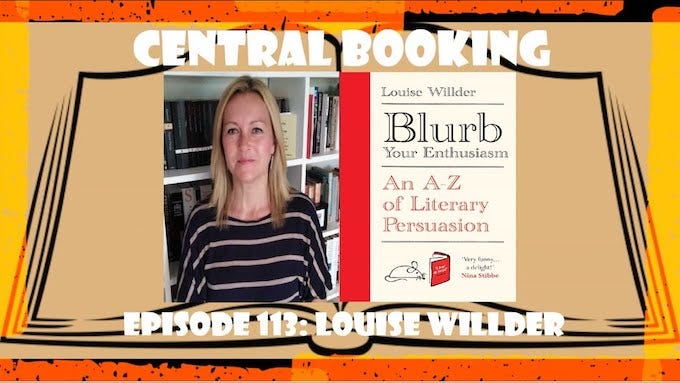Not sure whether to read a book? Try the 'Page 69 Test'
Some critics and editors recommend it and may use it on your book

When I was the book editor of a large newspaper, I received more than 400 review copies a week from publishers, many of whom were clearly pathological optimists. They believed readers in Ohio might have an interest in, say, a history of snooker in North Yorkshire or a volume of Kazakh poetry in translation.
I didn’t have to read those books to reject them as candidates for a review. Nor did I have to read others to accept them: a new novel by Philip Roth, a revisionist biography of the late Cleveland Orchestra conductor George Szell.
But I did have to read at least part of other books to decide whether to review them and, if so, whether to do them myself or assign them to a freelancer.
That necessity raised a question: How much of a book do you have to read to give it a fair test of its quality or interest? And where should you start?
Every critic knows the first pages of a book can mislead. A lot of authors need a few chapters to hit their stride, find their voice, or move beyond their throat clearing.
So it’s often fairest or more revealing to dip into the middle instead of or in addition to reading the first pages. At my old newspaper I found that tactic helpful in getting a handle on those 400 books cascading into my office each week.
More recently, I adapted the method while trying to decide whether to finish Percival Everett’s National Book Award winner, James. I quit after 60 or so pages and explained why I gave up on it on Substack.
I didn’t know it when I was editing a weekly book section, but I was using a variation on a practice recommended by two well-known authors: the Canadian media theorist Marshall McLuhan and the English novelist Ford Madox Ford.

In Blurb Your Enthusiasm (Oneworld, 2022), the Penguin Books copywriter Louise Willder credits McLuhan with inventing something called the “Page 69 Test.” As she describes it:
“Forget covers, blurbs, reviews or introductions. Forget the book’s first line. If you want to know if you’re going to enjoy a book, open it at page 69. If you like what you read, buy the book. By then the author has settled into their story and has stopped showing off.”
Other writers have suggested that McLuhan’s idea wasn’t new. He may have adapted Ford Madox Ford’s “Page 99 Test.”
Robert McCrum, a former editorial director of Faber & Faber and literary critic for the Observer, quoted Ford’s explanation of how it works in the Guardian:
“Open the book to page 99 and read, and the quality of the whole will be revealed to you.”
McCrum added that the page 99 test has its uses:
“Why not look at a book once it has cleared it throat, and is under way?”
But McCrum noted that good writers display their gifts in every sentence they write:
“The truth is that every line of a good book should ring with clarity and authenticity, and have (this is the crucial part) a distinctive voice you want to go on listening to. It’s called storytelling.”
I’d add that just as good writers display their talents in every line of a book, they show them in every line of an essay, story, or blog post. They never let themselves write below a certain level, or show less than their best work to editors, critics, and readers.
Maintaining a standard of excellence fosters literary discipline. And you never know when your readers might include an editor who could offer you a contract, as long as you write as well on page 69 or 99 as on page 1.
Jan Harayda is an award-winning critic and journalist and who has been a vice president of the National Book Critics Circle. Her work has appeared in many print and online media, including the New York Times, the Wall Street Journal, the Washington Post, Glamour, and Salon. She lives on the Gulf Coast.


As a reader, I subject novels to a 50-page test. If it hasn't grabbed me by page 50, I give up on it. If a book is a known classic, I might go somewhat longer. But in general, life's too short and time is too precious to spend it reading books you don't like (or thinking "maybe if this gets to a certain point, it will be good enough to continue").
Thanks! I hate it that agents expect your FIRST!Pages!To!JUST SCREAM!!! or they don't think it will engage readers (so they reject it on a first-ten-pages submission. Your 69 is a much better test!